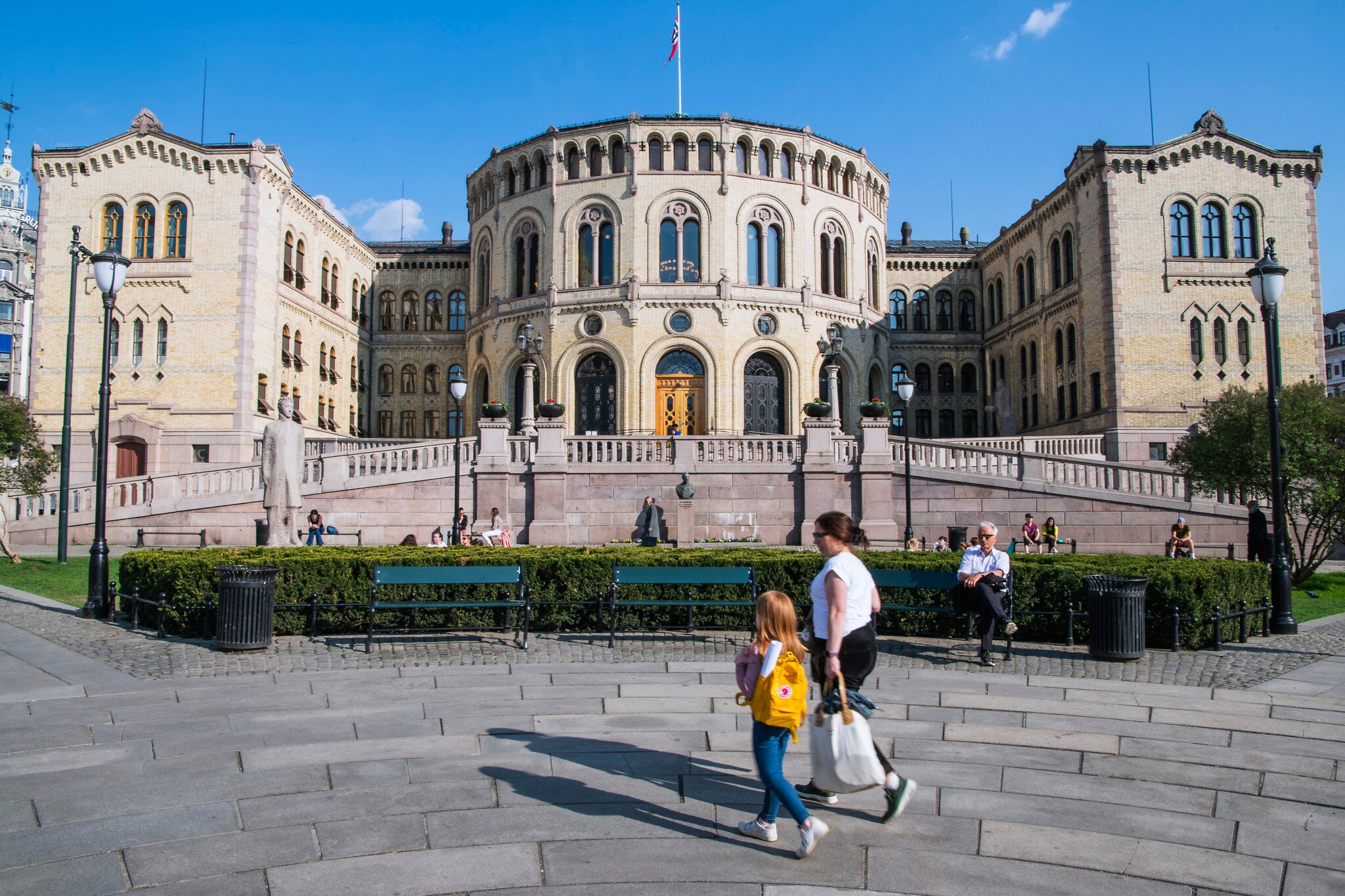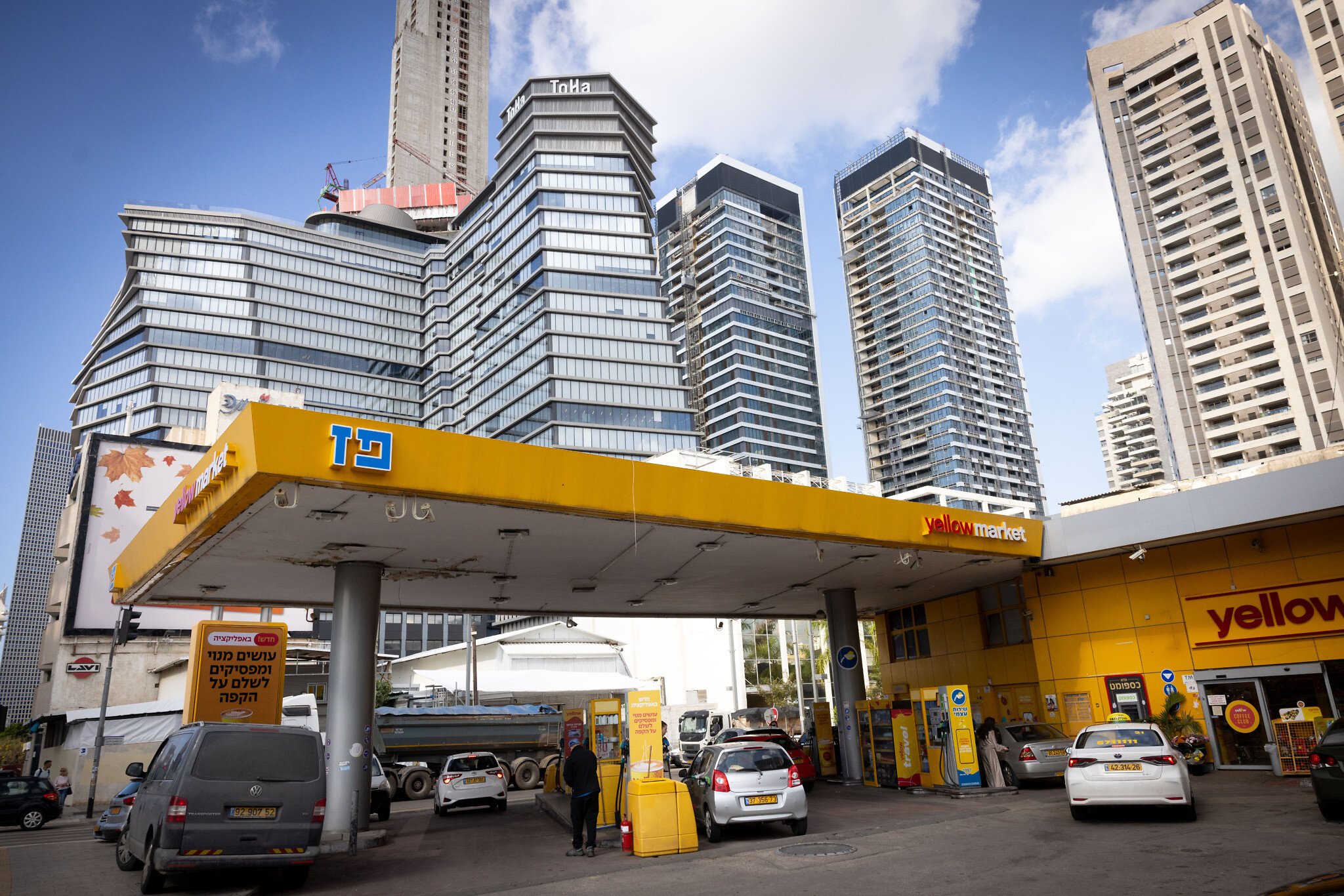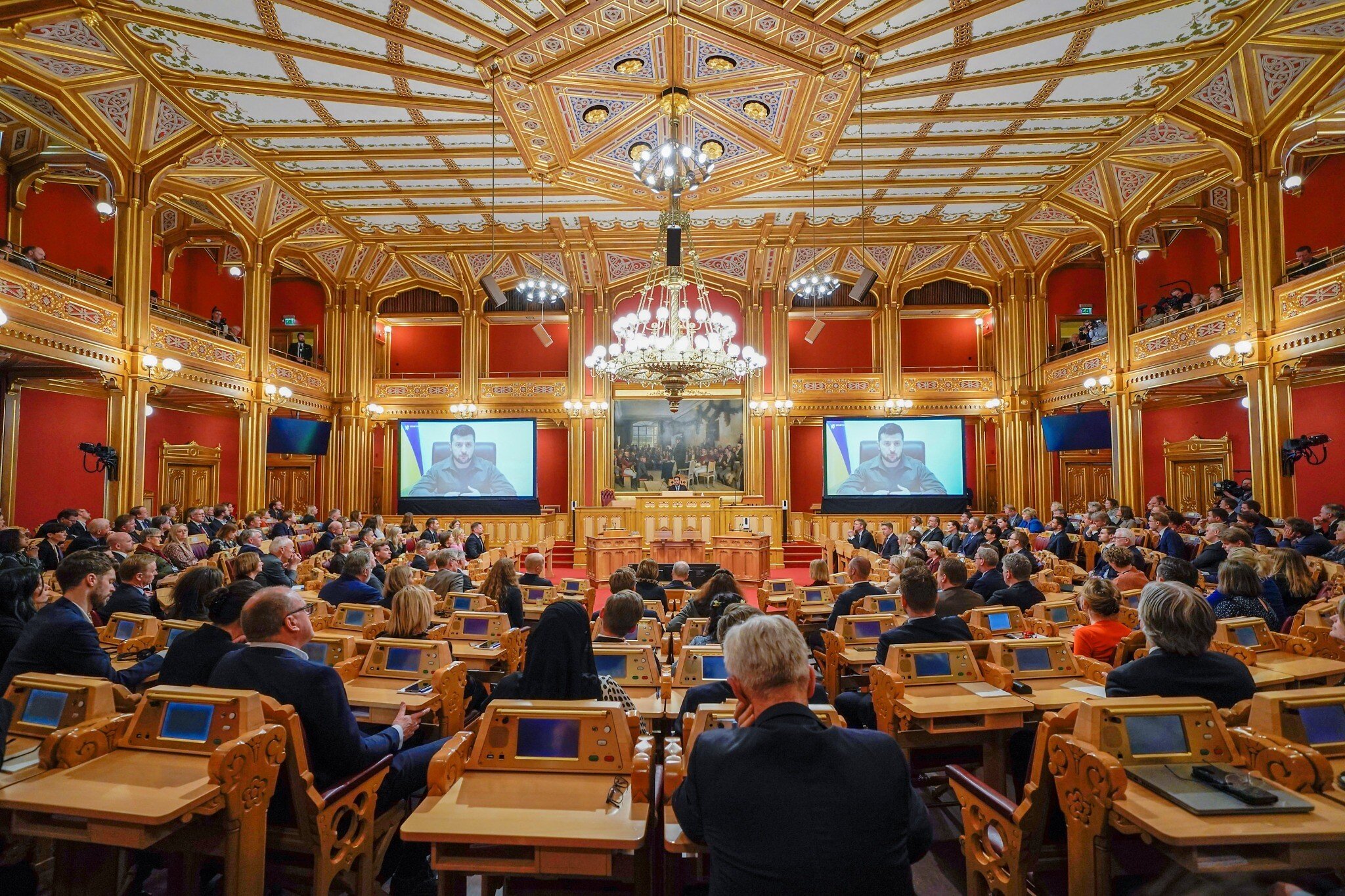



OSLO, Norway – Norway’s parliament is poised to reject campaigners’ calls to instruct its $1.8 trillion wealth fund to boycott any company selling products and services in the Palestinian territories, according to a person familiar with the process.
A majority in the Norwegian parliament’s finance committee has decided that only companies that can be linked to the violation of international law should be excluded from the fund’s portfolio, not just any companies with a presence in these areas, the person said.
The International Court of Justice said last year Israel’s “occupation of Palestinian territories” was illegal and it should pull out as soon as possible, in a ruling that Jerusalem rejected as “fundamentally wrong” and one-sided.
The court was referring to the West Bank, and also to East Jerusalem, which was formally annexed and designated as sovereign Israeli territory in 1980. The court also said that despite the complete civilian and military withdrawal from the Gaza Strip in 2005, Israel has “remained capable of exercising, and continued to exercise, certain key elements of authority” there.
Currently, Norway’s fund, which operates under ethical guidelines set by the Norwegian parliament, has blacklisted 11 companies for assisting Israel’s policies in the territories, most recently Israeli gas station chain Paz earlier this month.
At the end of last year the fund had just over $2 billion invested in 65 Israeli companies, or 0.1% of its total.
Since the start of the war in Gaza — which began when the Hamas terror group led a thousands-strong invasion of southern Israel on October 7, 2023 — the fund has faced growing pressure to divest from Israeli companies and all companies active in the West Bank and the Gaza Strip.
That would effectively force it to sell billions of dollars in stakes in major Western brands, some of which have already faced consumer boycott calls, especially in Muslim-majority countries, because they were perceived as friendly to Israel.
Campaigners want the Norwegian government to take the same action on Israel-linked investments as it did on Russian ones in 2022, when three days after Moscow’s invasion of Ukraine it instructed the fund to dispose of all of its holdings in Russia.
However, the decision by the parliamentary finance committee means no blanket ban would be imposed on Israeli firms or on multinationals with global sales only because their products and services are available in Palestinian territories.
“If a company sells a generic product, which Israeli settlers buy, then this should not be sufficient to sell the fund out of the company,” said the person familiar with the committee’s decision, adding it would constitute a wider interpretation of the guidelines.
“But if we are speaking of specific products for, say, surveillance that are made specifically for the needs of Israeli settlers, then that is something completely different.”
The committee’s decision is part of its assessment of the government’s annual filing on the wealth fund, which is due to be debated in parliament on June 4, with a vote expected the same day.
Lawmakers are expected to vote along their parties’ lines as set in the parliamentary finance committee’s conclusions.
The decision will be closely watched, because Norway’s fund, which owns 1.5% of the world’s listed shares across 9,000 companies, is seen as a leader in the field of investing focused on environmental, social and governance issues.
The finance committee also decided the fund should maintain a ban on investments in defense contractors that make components for nuclear weapons, such as Lockheed Martin, Boeing, or Airbus.
As Reuters earlier reported, political parties have debated whether to remove the ban given the changed security environment created by Russia’s invasion of Ukraine and the need to develop the Western defense industry.
But ultimately a majority of the finance committee decided against it, concerned that its lifting would make managing the fund’s ethical risk more complex.
The fund already owns shares in defense companies that sell weapons to Israel, including Germany’s Rheinmetall and Italy’s Leonardo, but not in the larger ones, like Lockheed Martin or Northrop Grumman.
Times of Israel staff contributed to this report.


